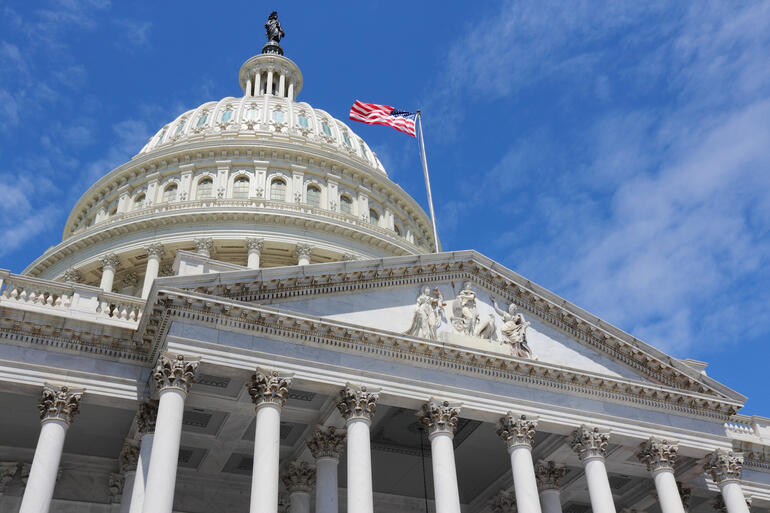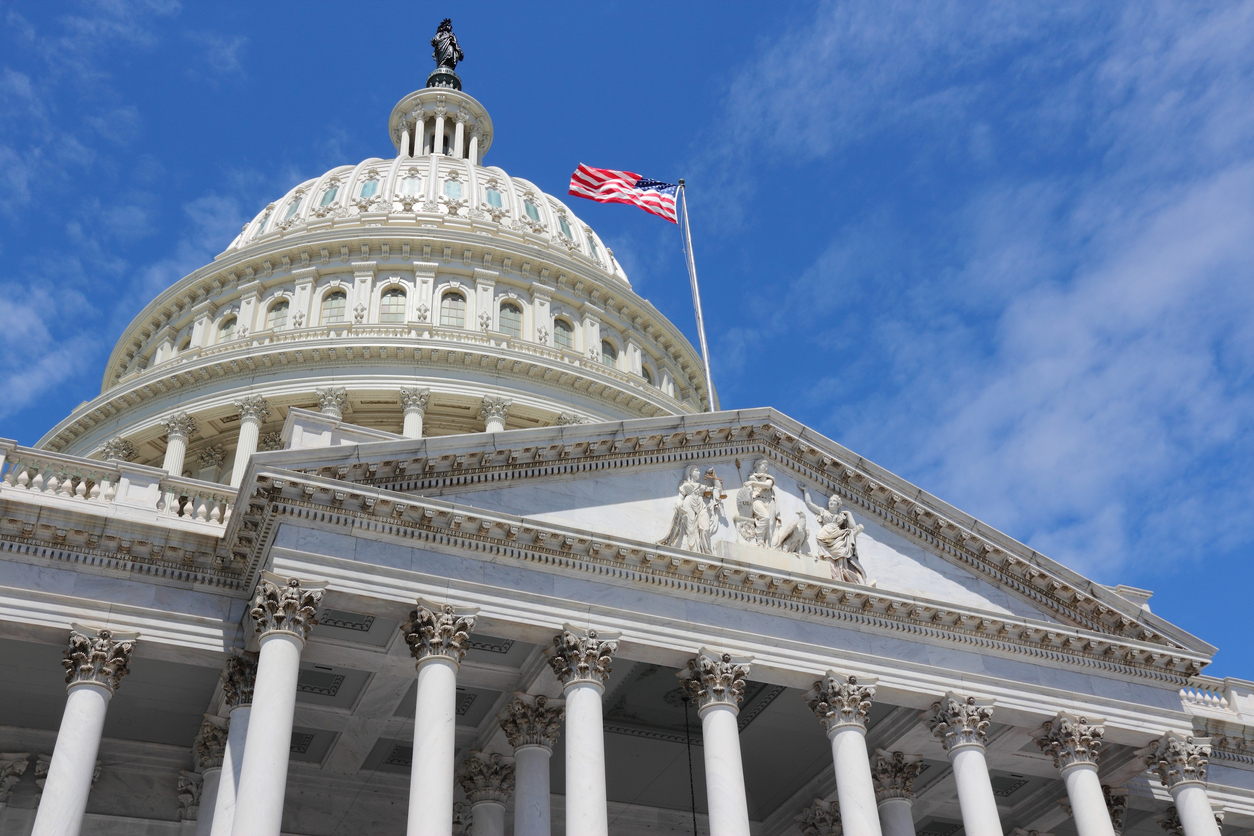Government IT spending set to increase in the face of COVID-19-driven digital transformation

Gartner predicts a 6.5% increase, with 64% of budgets going toward improving responsiveness and resilience of IT services and software.

Image: iStock/tupungato
Governments around the world are expected to increase their IT budgets by 6.5% in 2022, and 64% of overall spending will go toward “IT services and software to improve responsiveness and resilience of public services,” Gartner’s latest forecasting found.
Gartner’s data suggests that the COVID-19 pandemic may be the impetus for many a new government digital transformation strategy in the years to come, with the company also predicting that more than 50% of government agencies will have modernized legacy software and improved their resilience by 2025.
SEE: COVID vaccination policy (TechRepublic Premium)
“Governments will continue to accelerate investments in digital technologies to respond and recover from the continuing evolution of public health uncertainties due to the COVID-19 pandemic,” said Irma Fabular, research vice president at Gartner.
Modernization of infrastructure and applications aren’t the only areas that Gartner predicts governments will accelerate spending in thanks to the pandemic. “Funding on digital enablement, including support for sustainable growth, social programs, education, cybersecurity and digital inclusion” will see increases thanks to COVID-19 economic assistance programs.
Gartner predicts that citizen digital identity initiatives will be a critical part of broader government digital transformation. Citizen digital identities take several different forms, but all have the same goal: Provide secure, reliable digital access to government services.
In a blog post on the topic, Gartner said that several countries in Europe, like France, Norway and Sweden, have already had success with digital citizen IDs, but that success has been patchy elsewhere. “Countries such as Australia, Germany or the U.S. have long tried to establish a system, but have not succeeded for reasons that often revolve around an overly bureaucratic culture, which leads to an underperforming customer experience,” said Gartner senior principal analyst Arthur Mickoleit.
SEE: Wellness at work: How to support your team’s mental health (free PDF) (TechRepublic)
With any initiative as transformative as digital citizen identities, governments have to be careful with how they approach the subject: Most people don’t trust big tech businesses with their private data, and fears over government management are sure to be, at the very least, comparable in scale. Regardless of how citizens feel, Gartner is predicting that digital citizen identities are going to become more prevalent in the years to come.
“Digital identity is moving beyond authenticating citizens online and signing remote transactions,” said Fabular. “To raise the chances for greater adoption of digital identity, governments must treat privacy, security and user convenience as critical success factors.”


